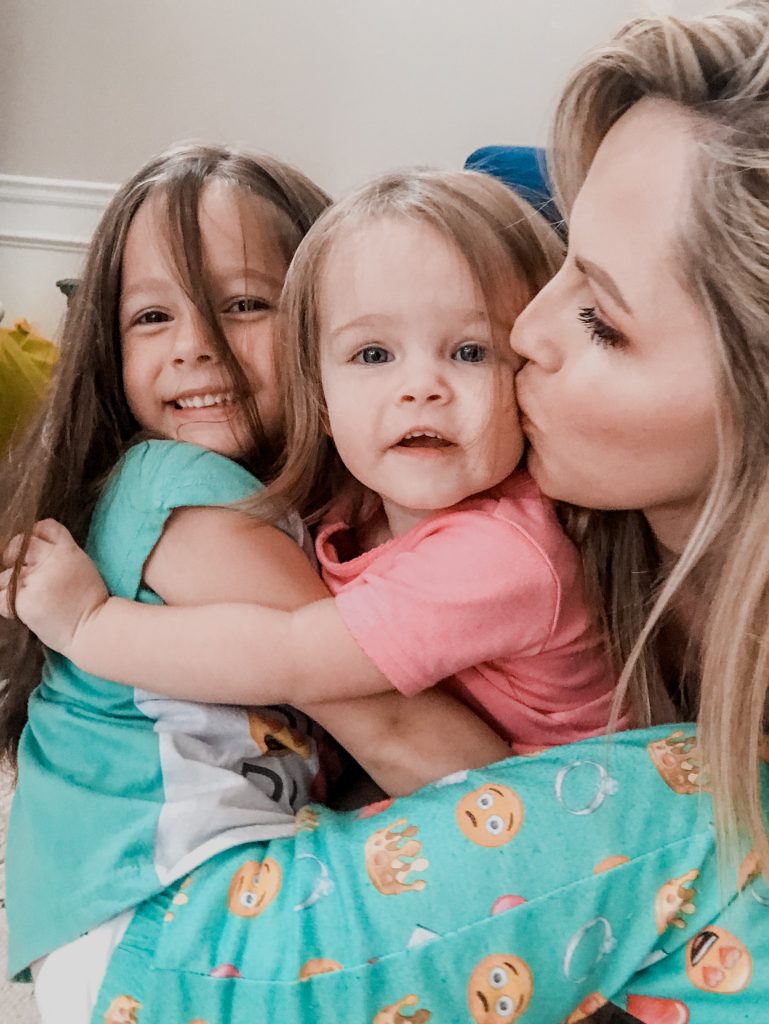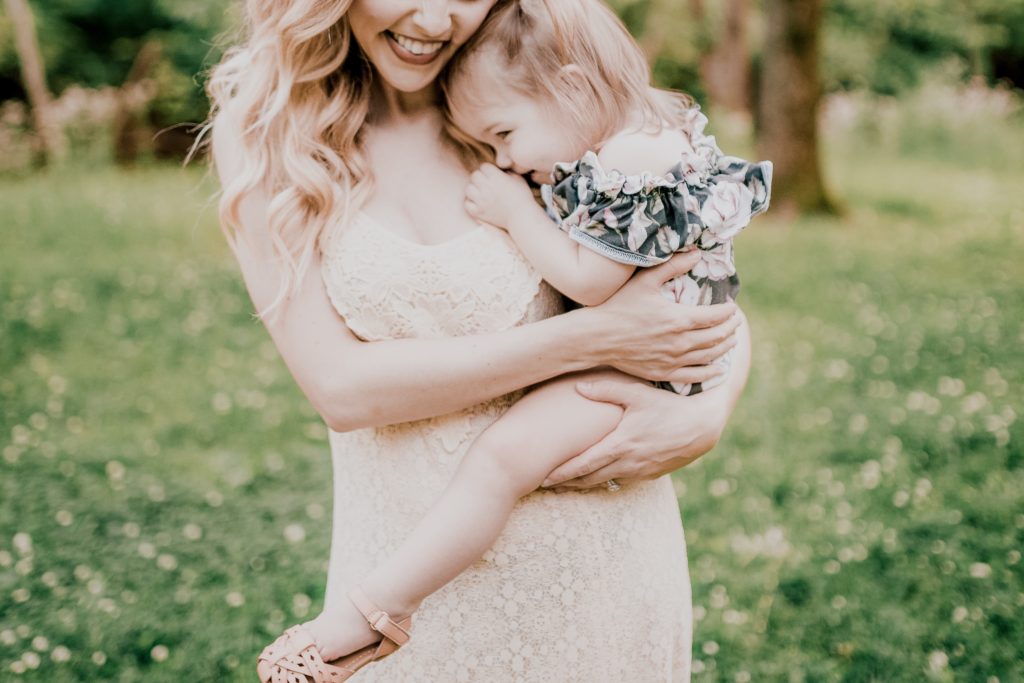

“Kindness is the language the deaf can hear and the blind can see.” – Mark Twain
Such a simple but profound quote by Mr. Twain. Kindness can be defined as an act or state of being kind, marked by good and charitable behavior, pleasant disposition and concern for others. It is considered a virtue, and valued in most cultures.
Kindness has the ability to usher positive changes, because acts of kindness are proven to make both the giver and receiver feel more joy. As kind-heartedness grows in a person it cultivates other positive traits like respectfulness, compassion, patience and empathy.
The act of being kind really isn’t difficult, but it takes mindfulness. A simple act of kindness like a smile, eye contact, or a kind gesture can make a person’s day. So it truly isn’t the effort that is hard but the awareness of others’ emotions and needs that is an essential habit that needs to be learned when cultivating a kind heart.
Luckily kindness comes naturally to kids. However, if it isn’t nurtured, kids will slowly get consumed in the “all-about-me” culture we live in today and become more self-centered. And as good parents, we desire to raise good humans with strong minds and kind hearts and there a many ways to achieve the goal of raising a good human being.
How many times have we heard the phrase “Treat others how you would you want to be treated.”? I mean, it is the Golden Rule. Therefore, encouraging kindness from a young age should be a priority. Basically ‘kill your kids with kindness’, if you will.

There is a good amount of information on suggestions of how to raise a kind hearted child as well as daily opportunities to teach your child how to be kind and acts of kindness. Below is a list of ideas I found helpful and want to share with y’all.
How to Encourage Your Kids to do Acts of Kindness
- Make being kind a rule. “In this home WE are kind.” Explain the impact of not being kind and its ripple effects.
- Make kindness a priority. Stress “I want you to be kind” over “I want you to be happy.” If you are more concerned with your child’s happiness than their consideration of others, then they will start prioritizing things the same.
- Explain the power of words. ‘Sticks and stones will break their bones and words CAN ALWAYS hurt them’ sort of thing. Teach them alternatives to negative talk. And explain the impact words can have on others. Ask them to put theirselves in others’ shoes.
- Talk about feelings. This creates empathy and self-awareness, which will translate into understanding and acknowledging the feelings of others. Give kids an emotional vocabulary, by pointing out feelings in movies, books, etc. This will help them to connect to the world around them by identifying how they feel.
- Celebrate and discuss kind deeds. Don’t just tell kids what kindness means but point out the specific moments where they exercise kindness to enforce it is something that is positive. Discussing these moments will also help kids recognize when other children are being kind.
- Foster positivity. Point out the positives in less than ideal situations. Have open conversations about the differences among humans, building respect for people who are not like us.
- Expand their world. Exposing children to things outside their personal bubble and expanding their horizons is essential in teaching kids empathy because they see the struggles of others.
- Model kindness. Actions speak louder than words. Be their moral compass and role model when it comes to being kind.
- Make teamwork and caring a priority. Insist kids consider others’ thoughts and feelings, even when it is an inconvenience. Teamwork also teaches kids to compromise and support each other for the best results.
- Focus on character. Praising kids character helps them internalize altruism as part of their identities. Use labels that stress their kindheartedness.
- Ensure children feel loved as well as heard. Affirm kids by listening and repeating what you heard them tell you. Speak truth in love often as possible. Children must feel loved before they can truly appreciate and love others.

These are just a few ideas to help raise a kind-hearted child. There is a fine line between being kind and being too kind, where you are taken advantage of in situations. Kindness can’t be confused with weakness. Ensure your kids understand disrespecting yourself in an attempt to help others in NOT the same as being kind. Kindness is being polite, understanding and genuine while still maintaining healthy boundaries and respect for one’s self.
Being kind is as easy as saying the words. Even in a world dealing with a global pandemic and facing economic crisis, where smiles are hidden by masks. The smallest kind deed goes a long way and doesn’t cost a thing.
So be awesome and sprinkle that kindness shit where ever you go! Easy Peasy.


How do you encourage your kids to do acts of kindness? Let me know in a comment below!
